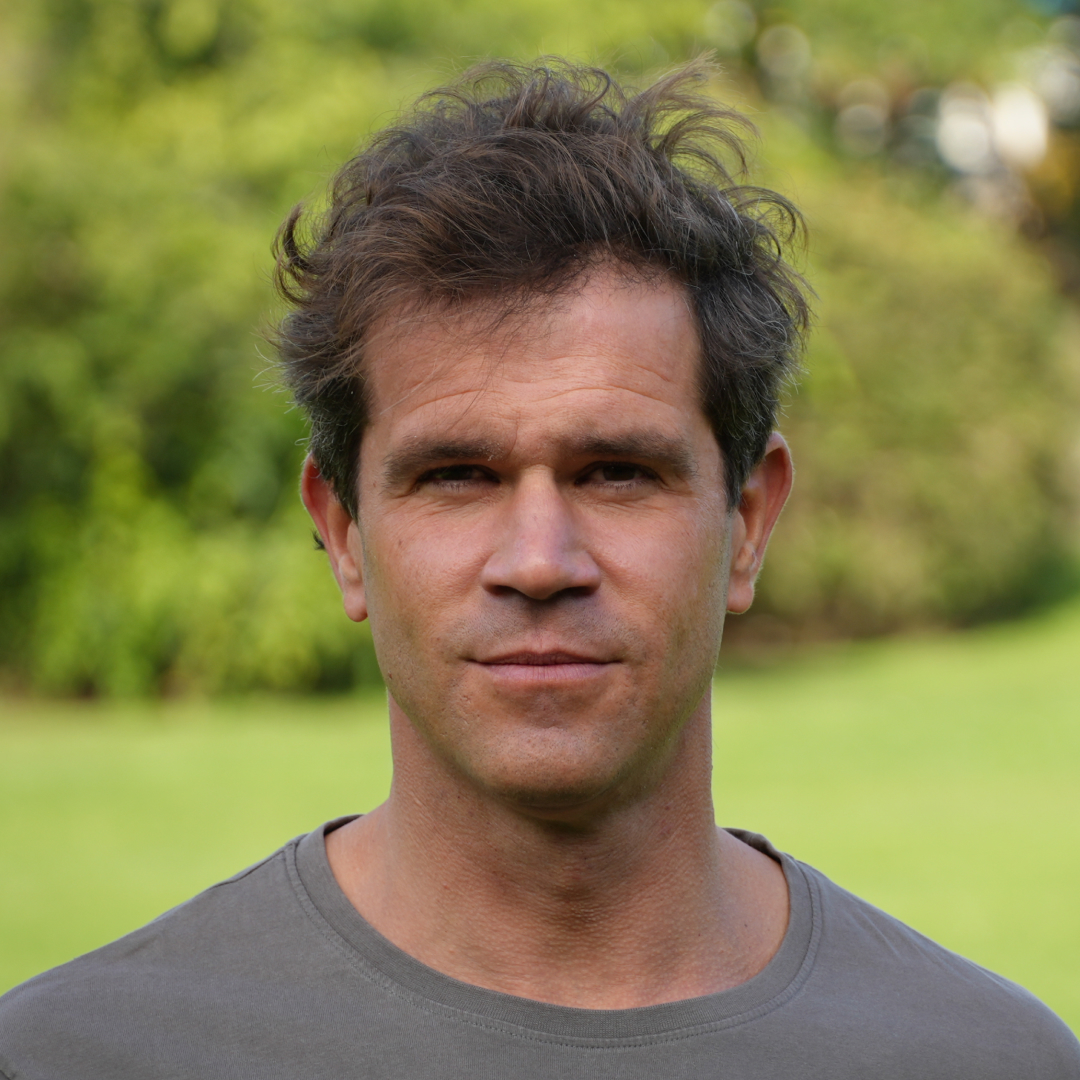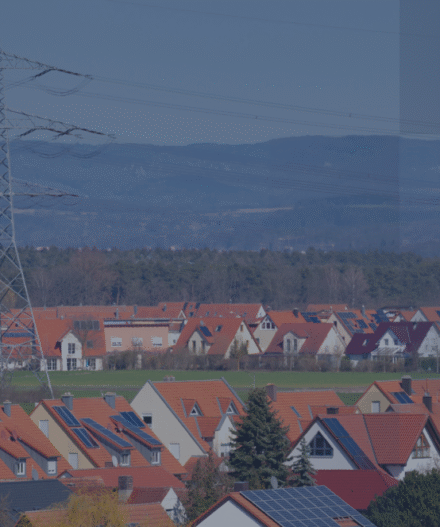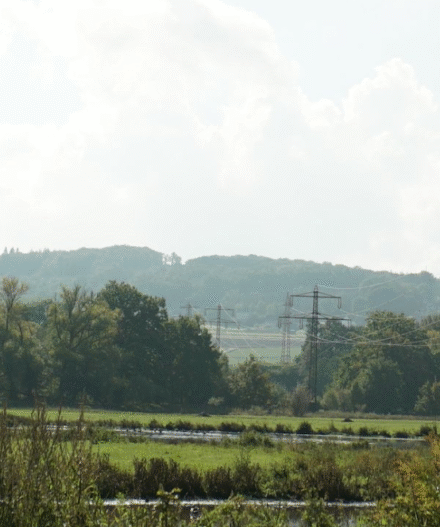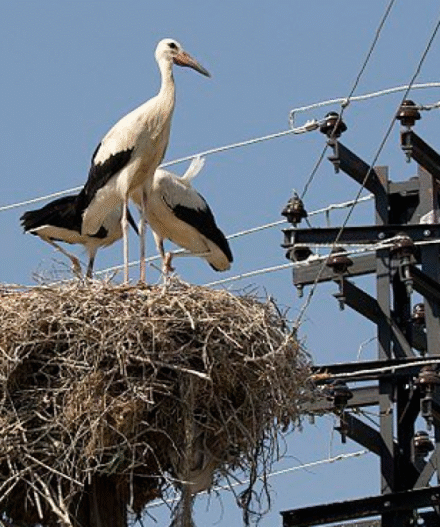To attain our climate and energy transition objectives, it is imperative to establish a massive renewable energy system. Therefore, the deployment of energy infrastructure becomes essential. Securing societal support for the successful construction of these systems is pivotal. Nevertheless, it is mandatory to involve people and local governments actively in the decision-making process and to encourage them to take action, so that they can collectively follow this path.
Redes para Renovables represents a pioneering initiative that builds upon the successes of previous Implementing RGI Declarations (IRD) projects. Its primary objective is to establish enduring and trustworthy relationships between Red Eléctrica and diverse civil society groups across Spain, as well as to support citizens and municipalities moving forward towards a net-zero energy system.
Project Background
The climate targets set by the Spanish National Energy and Climate Plan (NECP) include the achievement of 42% of total gross energy consumption from renewable sources by 2030. The long-term strategy envisages reaching 97% by 2050. This implies a target of at least 74% by 2030 and 100% by 2050 for the electricity sector. These targets translate into substantial investment needs into the Spanish transmission grid infrastructure.
Developing both new generation and grid infrastructure will require space and expose an increasing amount of people to these developments. Consequently, existing conflicts will become more visible and most likely increase.
In this sense, the development of diligent work to offer to the Spanish society ways to ‘come along’ is essential to:
01
Develop a robust renewable energy system and infrastructure.
02
Promote understanding of renewable energy’s role.
03
Foster active engagement and participation.
Who are the partners?
Bringing this work into life, RGI along with our Spanish TSO and NGO Members, Fundacíon Renovables, and Red Eléctrica de España, have come together to revolutionise the energy landscape in Spain. We have committed to developing energy infrastructure projects that align with the highest environmental and social standards while accelerating progress towards the goals of the Paris Agreement.
How will we make it happen?
At its core, the Redes para Renovables project is driven by the need to secure societal support for the construction of vital infrastructure required to meet Spain’s ambitious climate targets, which makes stakeholder engagement the main activity to be carried out throughout the project implementation. Moreover, the project extends its impact beyond stakeholder engagement:
01
Provides support to municipalities in developing their own energy transition strategies, offering a comprehensive guide to navigate this complex journey successfully.
02
Includes Demand-Side Management (DSM) activities, underscoring the project’s commitment to optimizing energy consumption efficiently.
03
Aims to disseminate information and resources, contributing to the ongoing promotion of awareness and action in relation to the energy transition in Spain. By doing so, it ensures a continuous and sustainable transition towards cleaner and more eco-friendly energy sources.
In essence, the Redes para Renovables project represents an evolution of the IRD projects, as it adopts a holistic vision that tackles multiple challenges simultaneously. It provides innovative solutions for energy transition, placing both people and nature at the core of decision-making processes for energy infrastructure planning and development. This pioneering approach not only aligns with Spain’s climate objectives but also sets a benchmark for inclusive and sustainable energy transition initiatives worldwide.
More info
contact
Adrián Maté
adrian[at]renewables-grid.euEnvironmental Coordinator

Morjana Moreira dos Anjos
On leave, please contact techno[at]renewables-grid.eu
Manager – Socio-Energy Systems














